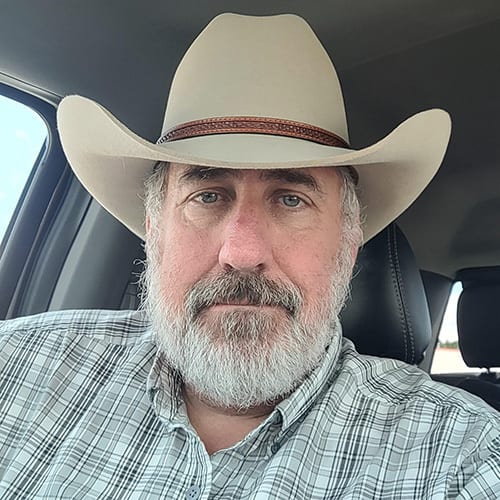
Gordy Powell
Co-Owner and Senior Partner, Georgia Clean and Associates
What do you consider the most important tools for forensic restoration, and why?
Q:
A:
I can answer this in two parts. The way education has evolved, even in as little as the past 10 years, is by far the greatest tool in this industry. With education there is a better knowledge and understanding in not only the assessment of a trauma and death scene, but a better way of understanding and knowing what equipment and remediation practices to put in place, for each job weighs on its own merits.
The tangible answer would be the use of an air scrubber on most every remediation job site. Understanding the importance of the particles that you are disturbing and making them airborne can create its own hazard. Any technician that has taken an ICRA (Infection Control Risk Assessment) course will have a better understanding of the importance of negative air and a proper air exchange at a job site.
What advancements to forensic restoration tools stand out in your mind, or would you like to see?
Q:
A:
The crime, trauma and death scene industry has come a long way over the past 25 years. There have been a lot of collective practices in creating the industry standard of care with the S540 and with professional trade associations like American Bio Recovery Association (ABRA). Where the industry is currently still fractured is in the paperwork. In my eyes, I see the next revolution in this industry will be creating a standard of care in contracts being used at a job site and a universal harmony in the verbiage that is being used for line items for billing practices.
About Gordy
Gordy Powell is co-owner and senior partner of Georgia Clean and Associates, and co-founder and president of the Georgia Bio Recovery Association. A steward for education, ethics and advancement in bio-recovery, crime, trauma and death scene cleaning, Powell has been practicing in this space since 1996. He is co-author of the Georgia bill that was signed into law August 4, 2020, officially regulating the crime, trauma and death scene cleaning industry in Georgia.